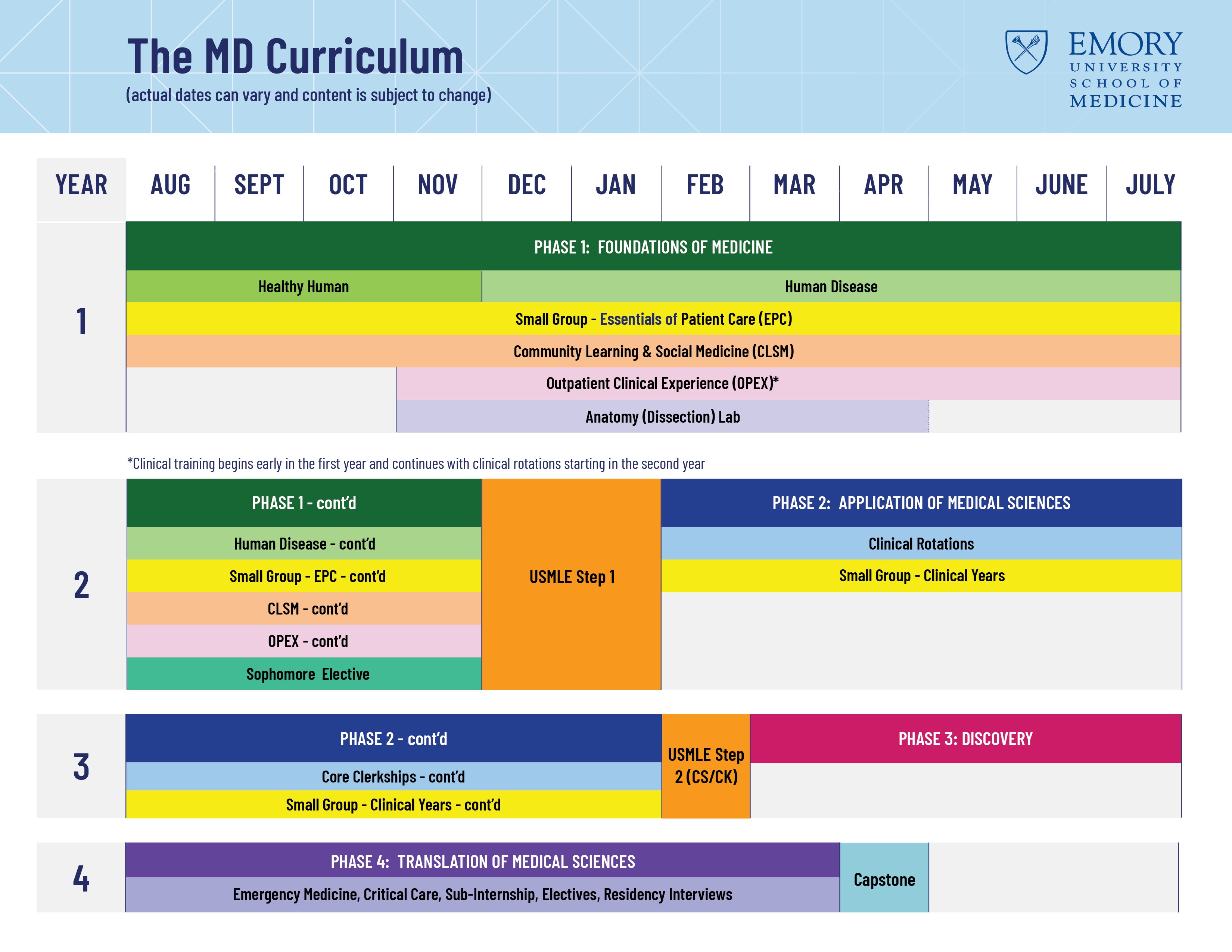I think the fear about these three year curriculum that some have expressed here is unjustified
The LCME requires medical schools have at least 130 weeks of curriculum instruction. I am speculating this was originally designed to follow overall academic calendar which has about 30 weeks of curriculum a year or 120 over all.
A traditional four year school starting M1 in August and ending M4 May has roughly 195 calendar weeks to do this. A three year school starting M1 in June and ending M3 in June has 155 calendar weeks to do this. Either curriculum has sufficient time to cover material as. It should also be noted that some top medical schools effectively have had three year curriculum:
The Merits and Challenges of Three-Year Medical School... : Academic Medicine
More contemporary evidence suggests that students can master the medical school curriculum in three years. Several U.S. medical schools have successfully delivered a three-year core curriculum in four years, with the extra year devoted to research or other enrichment activities. At Duke University School of Medicine, for example, students focus on the basic sciences in the first year, complete their core clerkships in the second year, and devote the third and fourth years to electives and research.31 At the Perelman School of Medicine at the University of Pennsylvania, the fourth year includes 36 weeks of flexible time and scholarly training.32 Harvard Medical School’s New Integrated Curriculum carves out nearly a year for advanced experiences in clinical medicine and basic science, a scholarly capstone project, electives, and a subinternship.33 These programs reinforce the idea that the traditional core components of medical school can be delivered effectively in three years in the right setting to highly motivated and capable students.
The issue here is first, minor, reduced time off, and second, "major" STEP exam prep time. Since there are still many medical schools that have never had a dedicated block solely to allow students to study for STEP and who's graduates apparently do fine, I think this is unfounded fear. Besides, nearly half of those who will matriculate as M1 this year will have a single acceptance. Even those with two or three acceptance, location, COA, and other factors are more important. In the end, every LCME medical school produces educated, competent, graduates who perform well on STEP else they would be under LCME scrutiny. So I suggest chill.
BTW, I have a very close friend who graduated from the "last" three year program back in the 1970s, and is a professor at a med school where most students call them by their "first" name: Dean.

